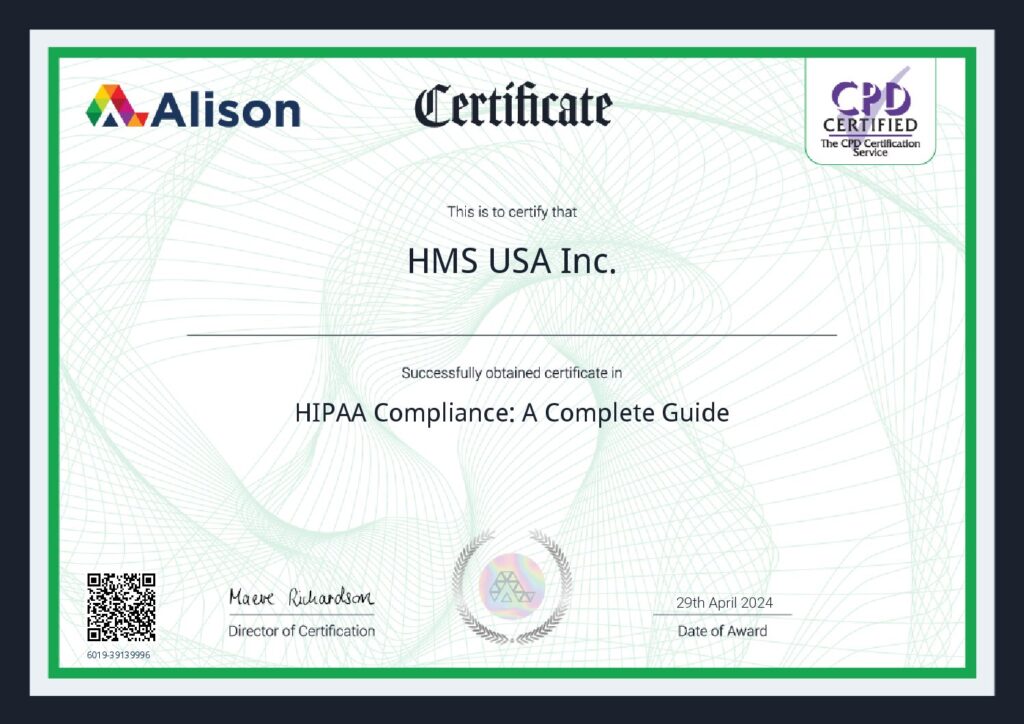Medical billing isn’t just paperwork; it’s the key to ensuring healthcare providers are paid accurately and on time. One small but powerful part of the process? Modifiers. Often overlooked, these codes can significantly impact the outcome of a Medicare claim, particularly in complex billing scenarios.
In this blog, we’re going to discuss what modifiers are, why they matter, and how to use them correctly to ensure smooth billing and proper reimbursement.
What is a Modifier in Medical Billing?
A modifier in medical billing is a two-character numeric or alphanumeric code added to a CPT or HCPCS code to provide extra details about a procedure without changing its core meaning. Modifiers clarify whether a service was altered, performed under special conditions, or involved additional steps, facilitating accurate communication between providers and insurers. This reduces claim denials, payment delays, and compliance issues.
For example, CPT code 99213 is a standard office visit. If performed under unusual conditions, such as after hours, modifier -25 can be added to indicate that the visit was separate from other services that day, supporting separate reimbursement.
Understanding Medicare Modifiers
Medicare modifiers are two-character numeric or alphanumeric codes added to CPT or HCPCS codes to clarify service details affecting reimbursement. They indicate changes like altered, reduced, or distinct procedures, specific settings, or provider components.
Medicare has strict guidelines for modifier use, as defined by the Centres for Medicare & Medicaid Services (CMS). Using the correct modifier is essential. Incorrect use can cause claim denials or improper payments. For instance, Medicare often prefers specific modifiers (XE, XS, XP, XU) over the general Modifier 59. Modifiers also distinguish professional vs. technical components and must be supported by proper documentation
Consequences of Incorrect Modifier Use
Misusing modifiers can lead to:
- Claim denials and reimbursement delays
- Overpayments or underpayments triggering audits
- Fraud investigations determine whether misuse is intentional or negligent
- Compliance penalties under federal law
Most Common CPT Modifiers Used in Medicare Billing
Modifier 25 – Separately Evaluated
Significant, Separately Identifiable Evaluation and Management (E/M) Service by the Same Physician on the Same Day as a Procedure or Other Service.
Example: A patient visits a physician for an office consultation and during the same visit has a lesion removed. Modifier 25 is added to the E/M service code to indicate that the evaluation and management was a distinct and separate service from the procedure.
Modifier 59 – Distinct Procedural Service.
Example: Two different procedures are performed on the same day, but on separate anatomical sites. Modifier 59 is used to clarify that these services are independent and not overlapping.
Modifier 26 – Professional Component.
This modifier is used when only the physician’s professional interpretation of a diagnostic test is billed, excluding any technical work or equipment usage.

Modifier TC – Technical Component.
Applied when billing solely for the technical aspects of a service, such as the use of equipment or technician time, without the physician’s professional interpretation.
List of Common Modifiers in Medicare Medical Billing
A list of Modifiers in medical billing is listed below:
Modifier Description
| Modifier | Description |
|---|---|
| 25 | Significant, separately identifiable E/M service by the same provider- same day. |
| 59 | Distinct procedural service. |
| 26 | Professional component only. |
| TC | Technical component only. |
| 76 | Repeat procedure or service by the same physician. |
| 77 | Repeat the procedure by another physician. |
| 78 | Unplanned return to the operating room during the postoperative period. |
| 79 | Unrelated procedure or service during the postoperative period. |
| 91 | Repeat the clinical diagnostic laboratory test. |
| XE | Separate encounter (a more specific form of Modifier 59). |
| XS | Separate structure (distinct anatomical site). |
| XP | Separate practitioner. |
| XU | Unusual non-overlapping service. |
Significant, separately identifiable E/M service by the same provider- same day.
Focus on the 25 Modifier in Medical Billing
In Medicare billing, modifier 25 is one of the most popular modifiers, but it is also one of the most frequently misused. It means that the patient required a significant, separate E/M service on the day of the procedure or service performed, in addition to the usual care provided before and after the procedure.
Best Practices for Using Modifiers in Medicare Billing
Medicare billing requires the accurate use of modifiers for proper reimbursement. Modifier -25 denotes a major, separate evaluation and management service on the same day as another procedure, while Modifier -59 indicates a procedural service. Billing personnel must be trained to use modifiers only with clinical proof, thereby minimising denials and fraud.
- Documentation and Compliance
All modifiers require thorough medical documentation. For instance, Modifier -24 during a postoperative period must indicate that the service was unrelated to the surgery. Providers should enforce internal policies that align with CMS guidelines, including conducting audits, providing training, and implementing standardised reviews, to maintain compliance.
- Avoiding Denials and Audits
To reduce denials and audits caused by incorrect modifier use:
- Use claim review tools
- Train the billing and coding teams continuously
- Stay updated on CMS changes
- Consult credentialed coding experts for complex claims
- A proactive approach ensures timely payments and reduces compliance risks.
Concluding Words
Correct modifier usage is crucial for revenue cycle integrity, reducing denials, supporting medical necessity, and ensuring Medicare compliance.
Due to frequent Medicare billing updates, ongoing training and current coding tools are essential. Practices facing complex billing or frequent denials should consider expert assistance for improved outcomes.
Medicare billing rules don’t have to be complicated. HMS Group Inc. offers professional modifier usage, compliance solutions, and personalised billing support.
Contact us today. Our qualified personnel can assist your practice, reduce denials, comply, and optimise revenue cycle performance. Wth HMS Group Inc., you can ensure your Medicare billing is in expert hands.








